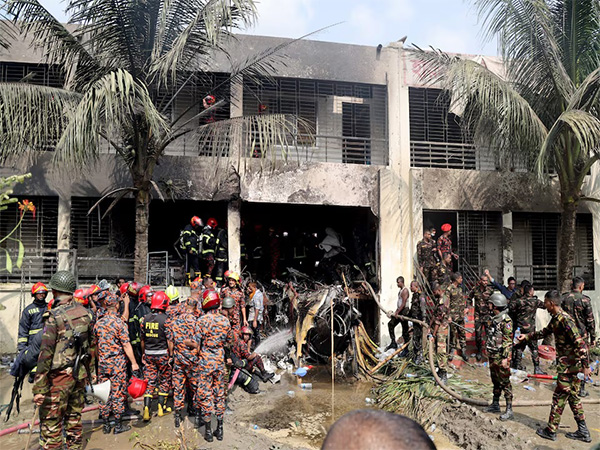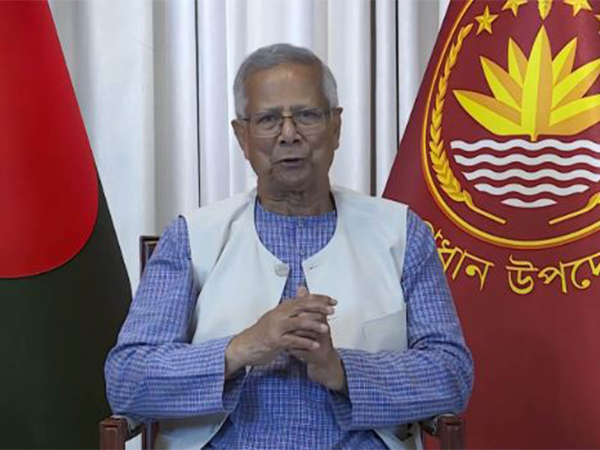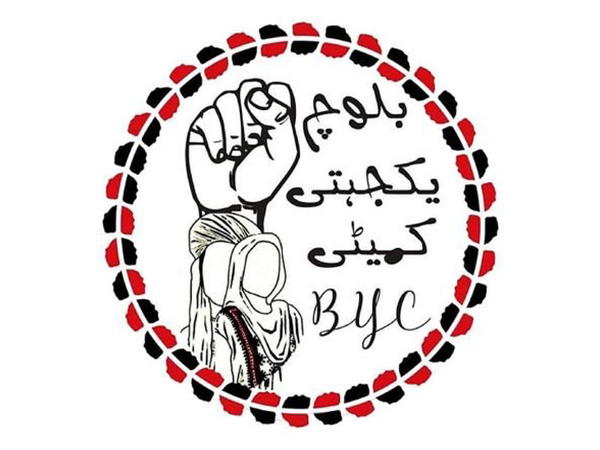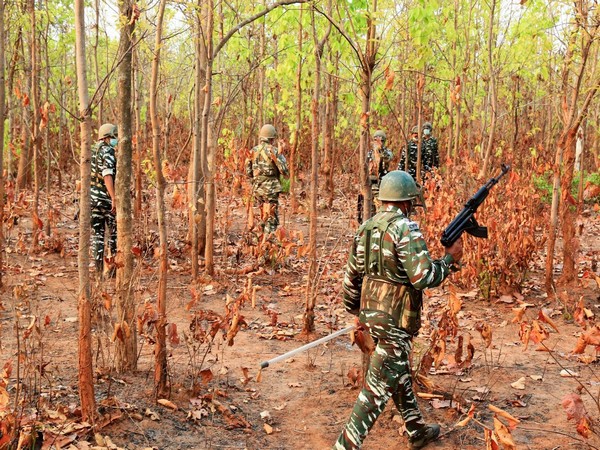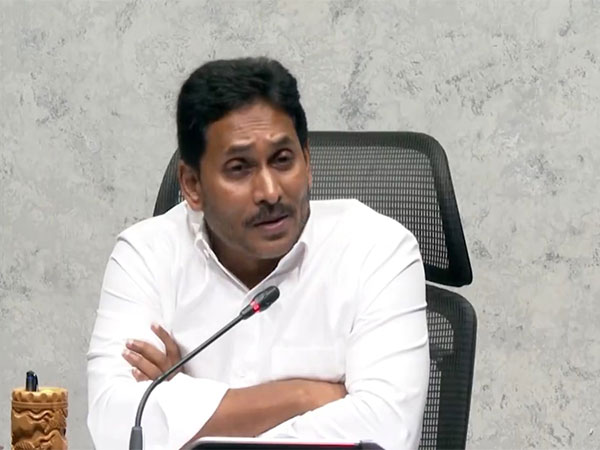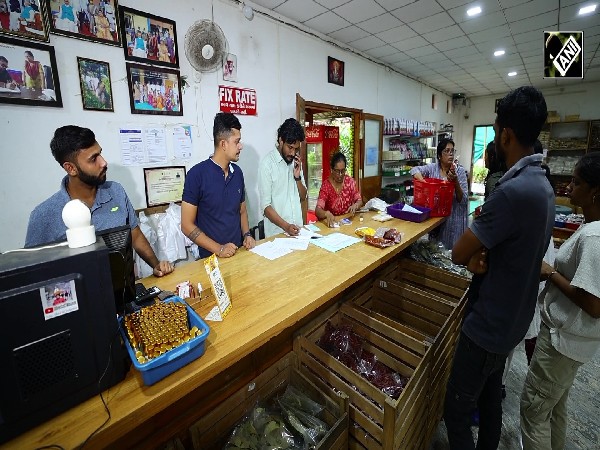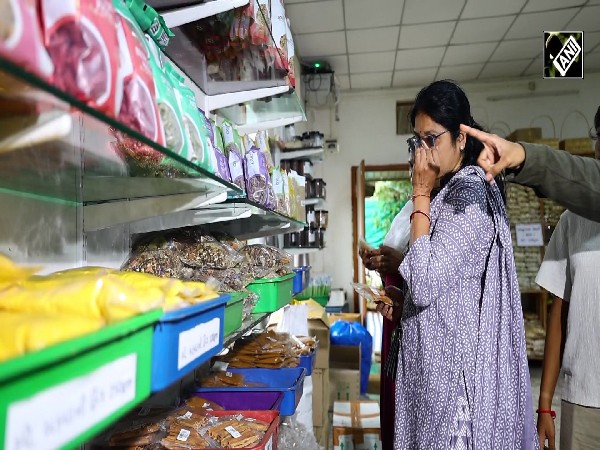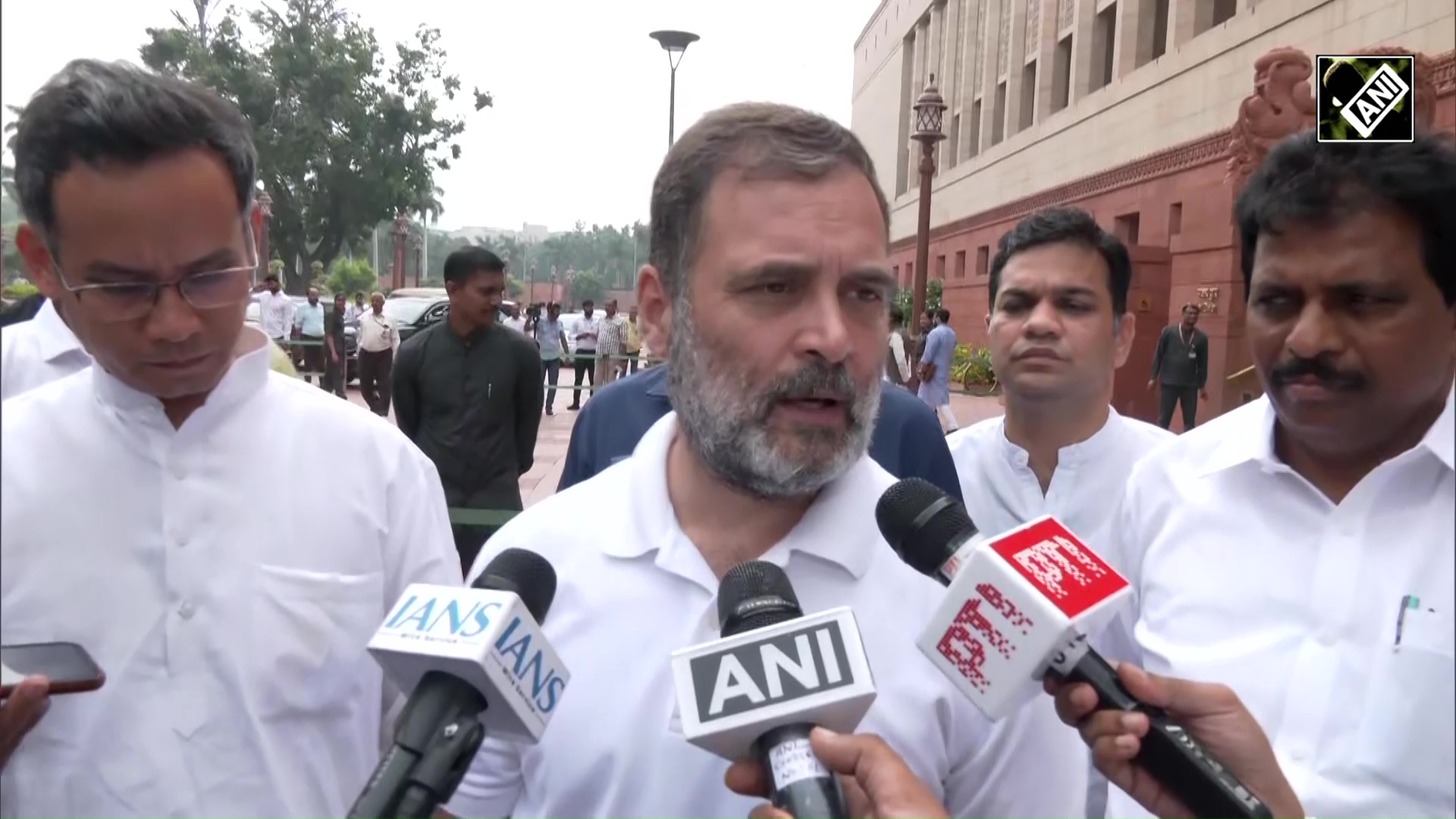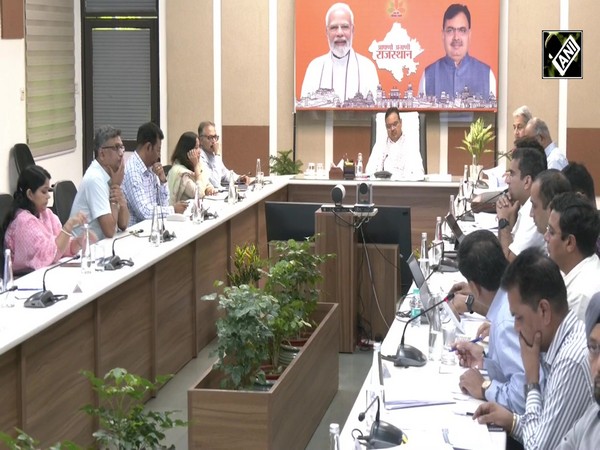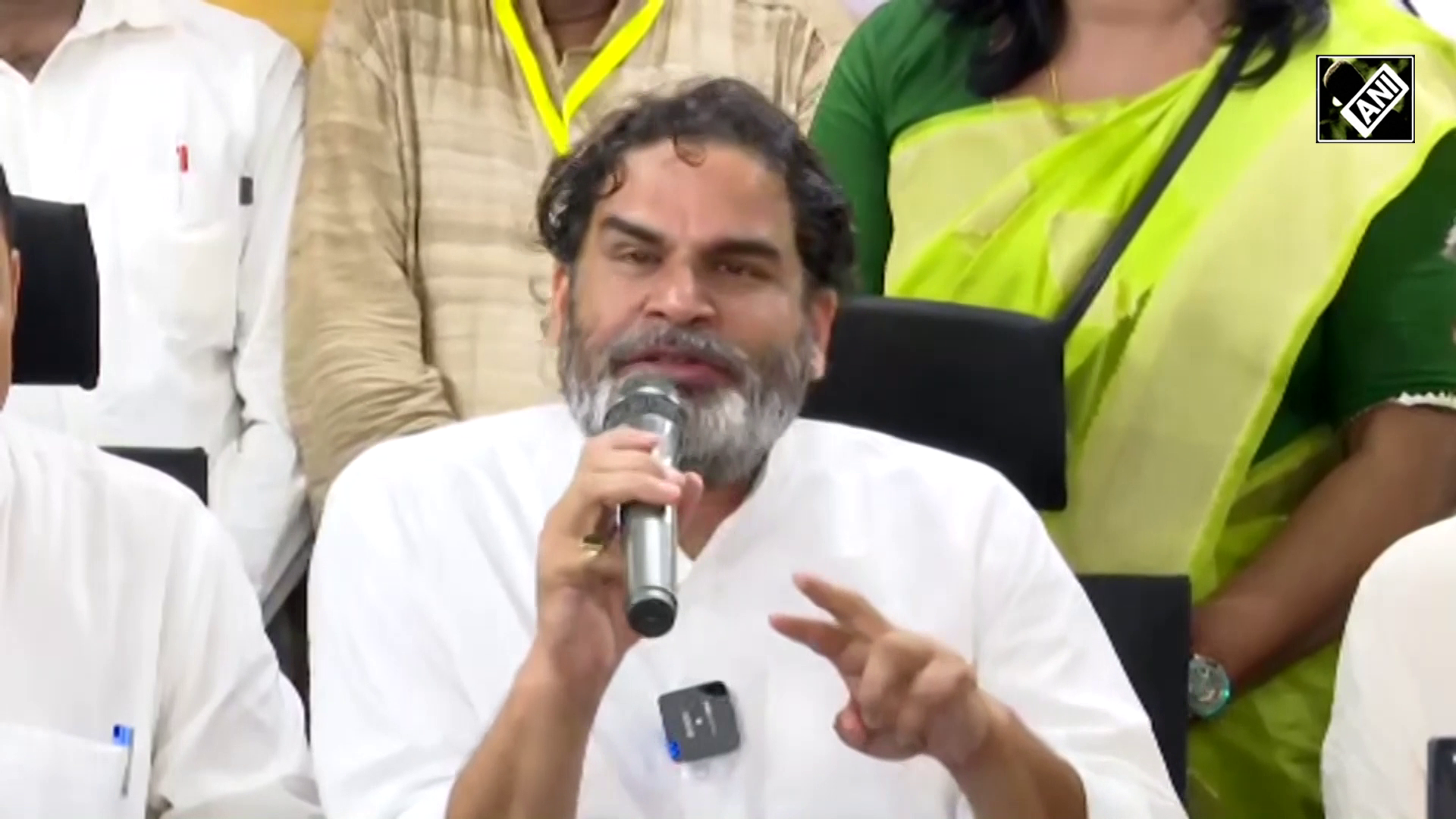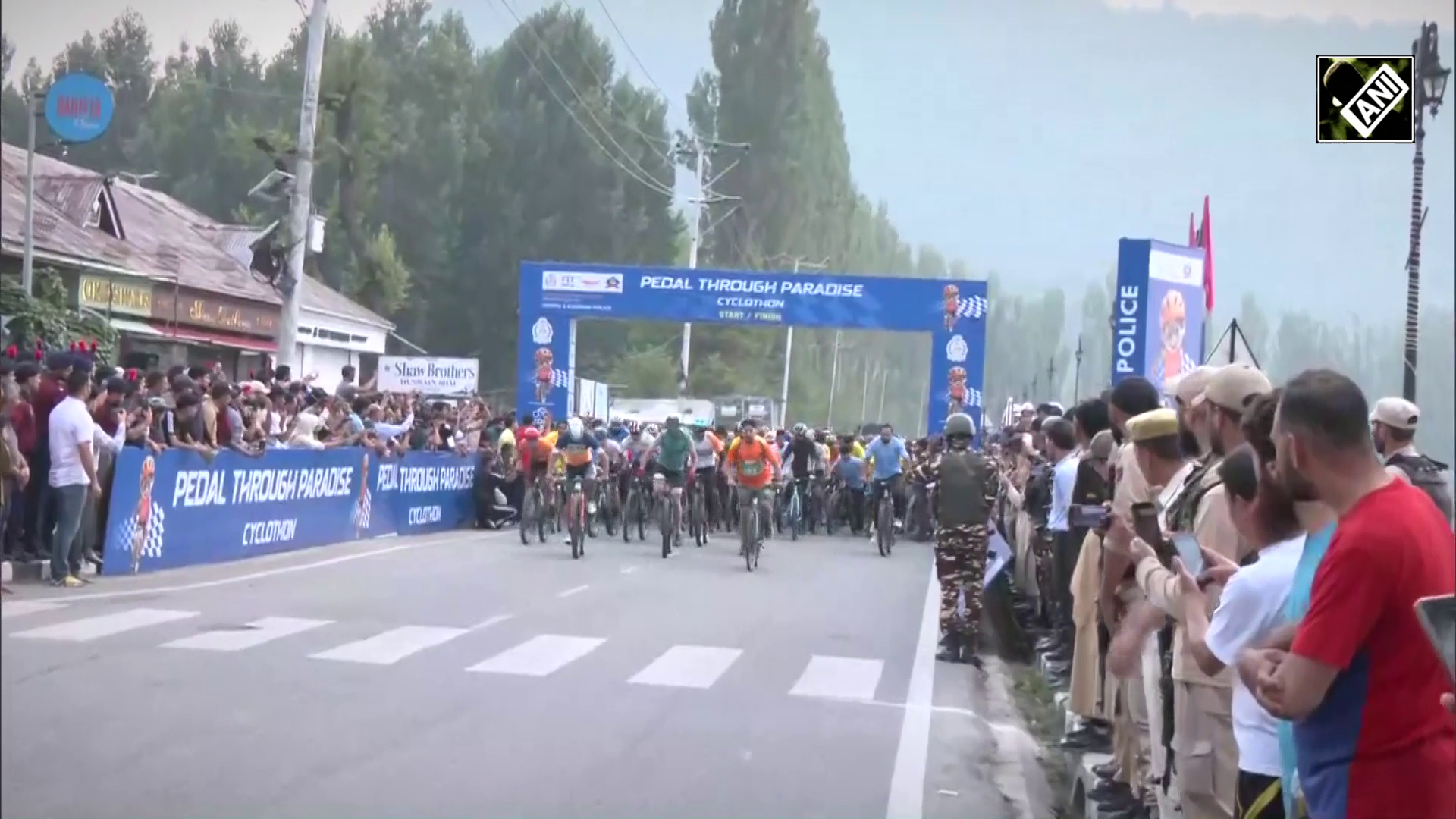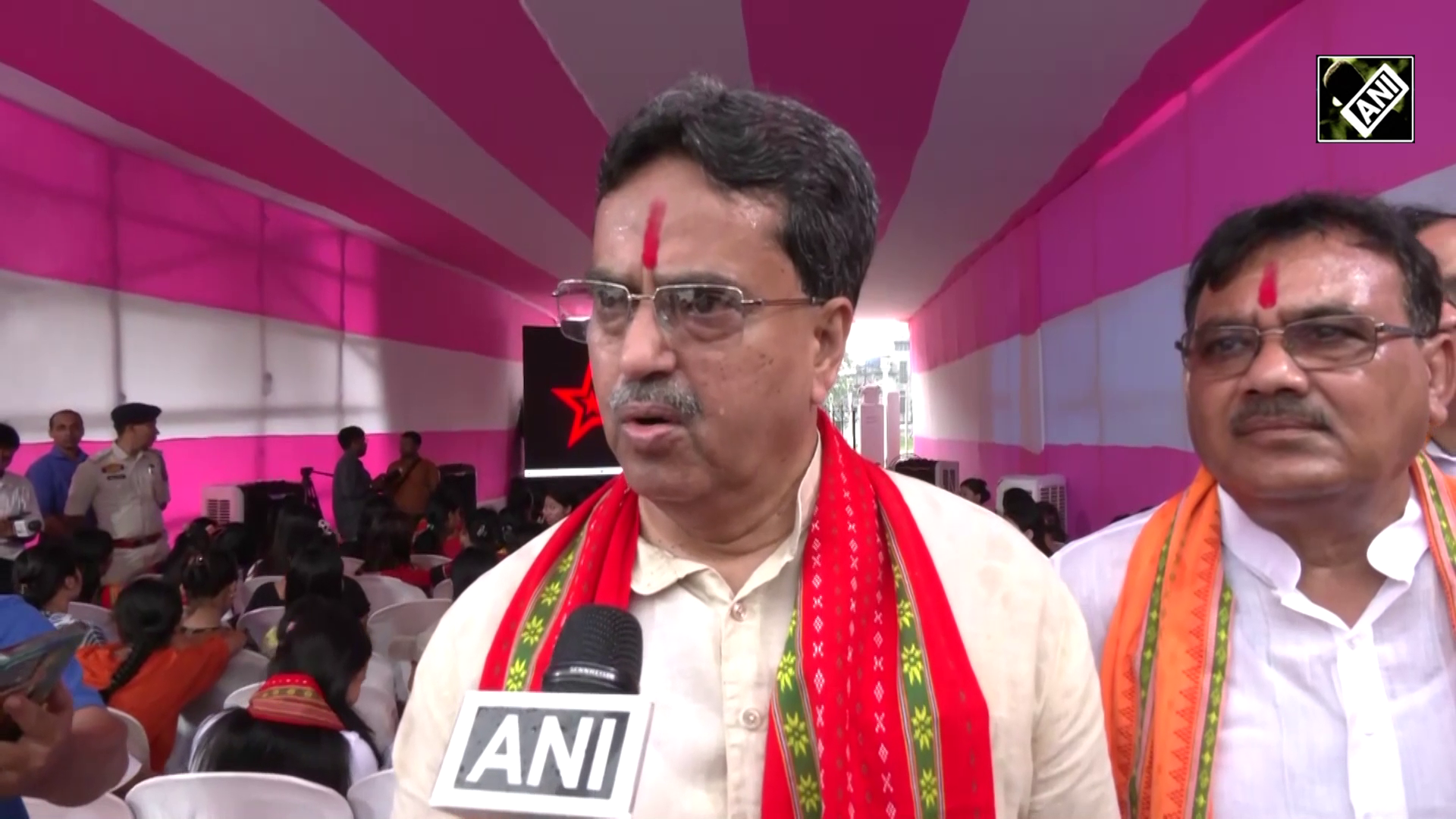Pakistan: Unchecked street crime, robberies continue to plague Karachi, says report
May 06, 2024

Karachi [Pakistan], May 6 : Karachi, with its turbulent history of crime, stands familiar with the spectre of lawlessness. In recent times, the city has grappled with rampant street crime, robberies, drug-related offences, and encounters with law enforcement. Street criminals operate with impunity, targeting citizens in broad daylight outside banks, amidst traffic snarls, and within bustling markets, resorting to violence when faced with resistance, Dawn reported.
President Asif Ali Zardari's recent directive to the Sindh chief minister underscores the gravity of the situation. He urged extensive action against street criminals in Karachi, as well as drug traffickers and bandits in the riverine areas of upper Sindh and southern Punjab, calling for collaboration among provinces.
While some crime control measures have been reported, such as the revival of the Shaheen Force, an upgraded Madadgar-15 helpline, e-tagging of repeat offenders, and the implementation of the Sindh Smart Surveillance System, the response has been reactive rather than proactive.
Statistics mentioned in the Dawn report highlight the scale of the challenge: out of 103 kidnappings, 47 went unreported, while 104 individuals were recovered, leaving 19 still missing. Daily street crime incidents have declined from 252.32 in January to 166.2 in April. Of the 48 incidents resulting in 49 casualties, 27 were identified, leading to 43 arrests and 13 police encounters, albeit with contentious implications, as reported by Dawn.
However, the belated intervention of the president and the provincial government's reliance on superficial measures underscore the need for a deeper, more holistic approach. Proactive policing demands a comprehensive assessment of root causes, patterns, and vulnerable areas. Long-term solutions necessitate multifaceted strategies encompassing training, surveillance, problem-solving, and collaborative efforts among law enforcement agencies, according to the report.
The report also said that addressing the pervasive influence of the drug mafia, particularly in Karachi, Hyderabad, Thatta, and Sujawal, requires decisive action and political will. Similarly, banditry in the Katcha belt is symptomatic of the state's neglect of marginalised regions and its failure to curb feudal exploitation. Investment in education, infrastructure, employment, and healthcare is imperative to alleviate poverty-driven crime.
Piecemeal approaches are insufficient. Achieving safety and development across urban, rural, and neglected areas hinges on political commitment and interprovincial cooperation. Embracing rehabilitative measures over punitive measures is key to tackling crime sustainably, Dawn reported.
